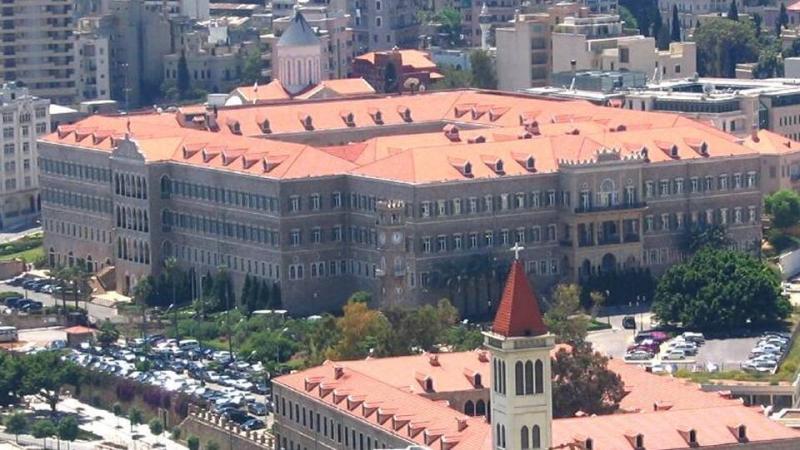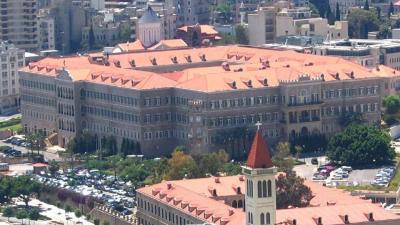The lifespan of the new government, if formed, will not be long, as the country will enter the presidential elections in September. If the new parliament successfully completes this task, attention will then turn to the formation of the first government of the new term. In this context, appointing a Prime Minister may depend on regional and international consensus to see through the remaining five months with the least possible losses. Otherwise, the government of President Najib Mikati will continue to manage daily affairs and fill the void as much as possible.
Given the importance of this event in determining the balance of power, the new council, which lacks the large majorities reminiscent of March 8 and March 14, faces a significant challenge. However, the decisive voice will belong to the change-oriented deputies and the veteran "Future" representatives, whose original number is seven and could reach ten with allies. Since the elections have not settled the power dynamics, it is certain that "Hezbollah" and its allies will not nominate a provocative Sunni figure or one against the general Sunni trend. Therefore, discussions among all the forces are limited to three main candidates, according to "Nidaa al-Watan."
The first and most likely candidate is President Mikati, whose performance is well-regarded by all. He excels in maneuvering, does not scare "Hezbollah," and does not pose a concern for the sovereign forces as he adheres to broad guidelines. Mikati enjoys the approval of the Grand Mufti of the Republic Sheikh Abdul Latif Daryan, former Prime Minister Saad Hariri, and the Association of Former Prime Ministers. He is also a friend of the French and faces no Saudi veto against him, potentially making him the head of a transitional government—a role in which he is experienced. Thus, "Hezbollah" and its allies may nominate him, as will some veteran "Future" members and certain independent figures, meaning he could secure a majority if his candidacy gains traction.
The second name being discussed to manage the transitional phase is MP Abdel Rahman al-Bazri from Sidon. He has established his credentials with both the change forces and March 8 through his white vote for the Deputy Speaker of the Parliament, demonstrating his steadfastness against everyone and sending a message to "Hezbollah" and its allies that he has served them by voting white. Al-Bazri has the approval of a portion of the "Future" movement and the Sunni community in general, does not provoke "Hezbollah," and gained public recognition during the COVID-19 crisis, making him a likely candidate after Mikati.
Ultimately, the key question is how the change-oriented deputies and veteran "Future" members will act and whether they will coordinate stances with the Lebanese Forces, the Progressive Socialist Party, MP Ashraf Rifi, the Kataeb Party, and sovereign forces. Therefore, a third possible name that may arise in discussions is Ambassador Nawaf Salam, should these forces seek to unite and overcome the setbacks from the elections of the Speaker and Deputy Speaker. Salam will need the blessing of President Saad Hariri and a united opposition behind him, while "Hezbollah" shows some formal flexibility this time regarding his nomination.
Thus, Mikati, al-Bazri, and Salam are the favored candidates at this stage, although Mikati is currently leading. However, what matters more than who is designated as prime minister is the speed of its formation, especially since the signature is still in the hands of Aoun, and by extension, his son-in-law MP Gibran Basil, who wants to maintain his gains in the new structure.




